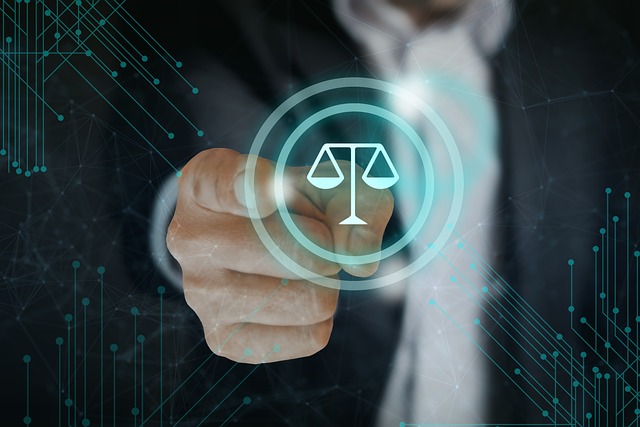TL;DR: Understanding employee rights under labor law violations is vital for both employers and employees, ensuring fair treatment, safe workplaces, and dignified conduct. Key areas include minimum wage, overtime, discrimination, harassment, and leave benefits. Disputes often resolve through negotiation or jury trials. Familiarization with rights/responsibilities prevents legal issues & mitigates penalties. Common cases involve contract breaches, unfair labor practices, discrimination, & wage theft, leading to lawsuits for compensation or reinstatement. Strategic defense in high-stakes cases by experienced teams empowers employees to assert their voices for fair treatment.
Litigation Types related to labor law violations are a crucial aspect of understanding employee rights and protections. This article provides a comprehensive guide, delving into the common scenarios that arise from such violations. We explore the various types of litigation, offering insights into the legal process for employees seeking justice. Understanding your rights under labor law is essential, especially when navigating complex legal systems. By examining these cases, we empower folks to recognize and assert their Employee Rights Under Labor Law Violations.
- Understanding Labor Law Violations: A Glimpse into Employee Rights
- Common Types of Litigation Arising from Labor Law Violations
- Navigating the Legal Process: What Employees Need to Know
Understanding Labor Law Violations: A Glimpse into Employee Rights

In the realm of employee rights, understanding labor law violations is paramount. These laws are designed to protect workers from unfair treatment, unsafe working conditions, and wage theft. Employee rights under labor law violations encompass a range of protections, ensuring fair wages, safe workplaces, and dignified treatment. Employers must adhere to regulations pertaining to minimum wage, overtime pay, discrimination, harassment, and leave benefits, among others.
Avoiding indictment in cases of labor law violations is a primary concern for businesses. White-collar defense strategies often involve negotiating settlements or reaching agreements that mitigate potential penalties. In the event of a dispute, jury trials can be an avenue for resolving complex employment matters. However, it’s crucial for both employers and employees to familiarize themselves with their rights and responsibilities under labor law to prevent and effectively navigate such situations.
Common Types of Litigation Arising from Labor Law Violations

Labor law violations often lead to various types of litigation, with a significant focus on protecting employee rights. Common cases arise from breaches of employment contracts, unfair labor practices, discrimination, and non-payment or misclassification of wages. When employees believe their rights under labor laws have been infringed upon, they may file lawsuits seeking redress. These legal actions can result in monetary damages, reinstatement, or both, ensuring that workers receive fair compensation for any harm suffered.
In cases of white-collar defense, where employers are accused of systematic violations, negotiations often lead to settlements or, in some instances, a complete dismissal of all charges. Such scenarios not only impact the immediate parties but also resonate within philanthropic and political communities, highlighting the broader implications of labor law enforcement.
Navigating the Legal Process: What Employees Need to Know

Navigating the legal process can be daunting for employees who believe their rights under labor law violations have been infringed upon. It’s crucial to understand that employment disputes often involve complex regulations and unique circumstances, demanding a strategic approach. When faced with such scenarios, employees should familiarize themselves with their entitlements as guaranteed by labor laws. This knowledge equips them to make informed decisions and communicate effectively with legal representatives.
In high-stakes cases involving employee rights, employing a robust defense strategy is paramount. Experienced legal teams can help navigate the intricate web of regulations, focusing on securing winning challenging defense verdicts. Beyond the legal battle, employees should remember that their voices play a vital role in shaping the philanthropy and political communities that underpin labor laws. By asserting their rights, they contribute to a broader narrative that emphasizes fair treatment and just compensation in the workplace.
Understanding labor law violations and their potential litigation is a crucial step in fostering a fair and respectful workplace. By recognizing common types of violations, employees can better navigate the legal process and know their rights under labor laws. This knowledge empowers individuals to stand up for themselves and ensure their employments are protected, ultimately creating a more equitable and harmonious working environment.






